Inulin is a soluble fiber found in garlic, bananas, lettuce, and artichokes; beneficial for intestinal health.
Inulin acts as a prebiotic, helping to feed healthy bacteria, balancing the gut microflora, reducing the risk of constipation and intestinal diseases. Eating foods rich in inulin can also help control appetite. Inulin is often added to some processed foods, but you can also get a certain amount from food.
Lettuce : 100 grams of lettuce can contain 41.6 grams of inulin. According to the World Science Magazine (USA), lettuce leaves and flowers can be eaten raw in salads, and lettuce roots can be dried to make additional extracts when making coffee. Lettuce has a slightly fishy taste, so it is not suitable for everyone. People can eat lettuce with many other vegetables to supplement inulin for the intestines.
Artichoke : Artichoke can be eaten raw in salads, cooked with meat, grilled, dried to make tea... In addition to inulin, artichoke also provides copper, vitamin B1 and nearly 1/5 of the body's daily iron needs.
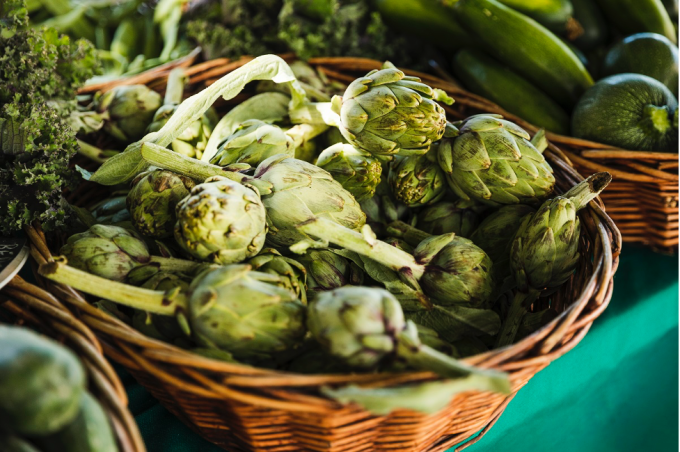
Artichokes are rich in inulin which supports intestinal health. Photo: Freepik
Garlic : 100g of garlic contains 12.5g of inulin. Although you can't eat too much garlic at once, you can eat a little every day to supplement your body with inulin. Garlic is also rich in micronutrients such as vitamins C and B6, and the minerals manganese and selenium.
Asparagus : This vegetable does not contain as much inulin as garlic or lettuce, but it is very nutritious. Choosing asparagus every day in your diet helps supplement many nutrients such as vitamins B1, B2, B3, K and E. Asparagus is also rich in minerals such as selenium, iron, calcium, copper, zinc, magnesium, potassium and phosphorus.
Wheat bran: This grain is a good source of inulin. According to the Harvard TH Chan School of Public Health (USA), wheat bran is the outer layer of whole grains. It is rich in B vitamins, iron, copper, zinc, magnesium, phytochemicals and antioxidants.
Bananas: Eating 100 grams of bananas will give you about 0.5 mg of inulin, a large amount of vitamin C and potassium. The American Academy of Nutrition and Dietetics recommends that each person should eat about 14 grams of fiber per 1,000 calories consumed per day. This includes foods rich in soluble fiber such as inulin and drinking plenty of water.
If you want to supplement inulin through food, you need to have a specific plan. Increasing inulin intake rapidly can cause some negative effects on the digestive tract. Stomach pain, bloating, gas, and triggering symptoms of irritable bowel syndrome.
Anh Chi (According to Livestrong )
Source link










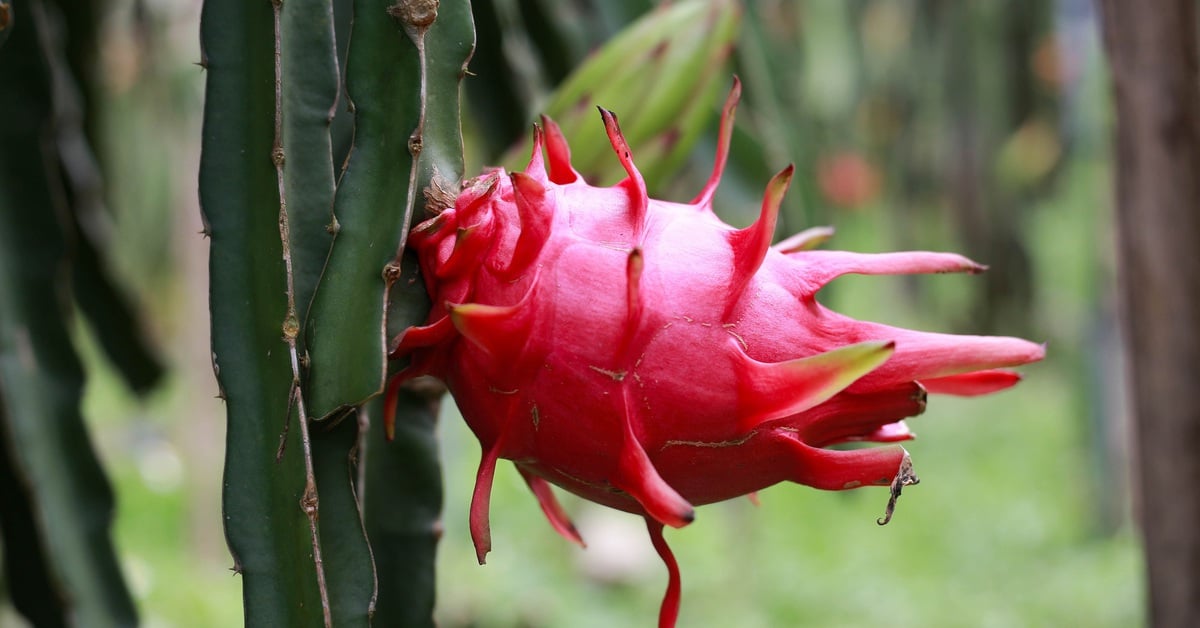
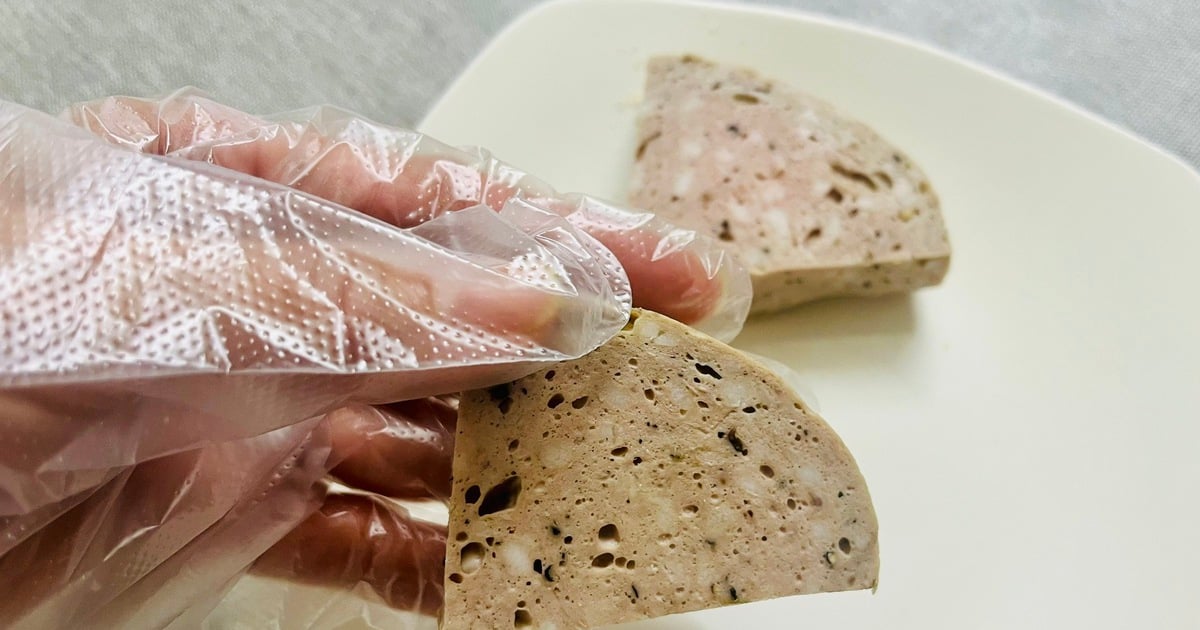

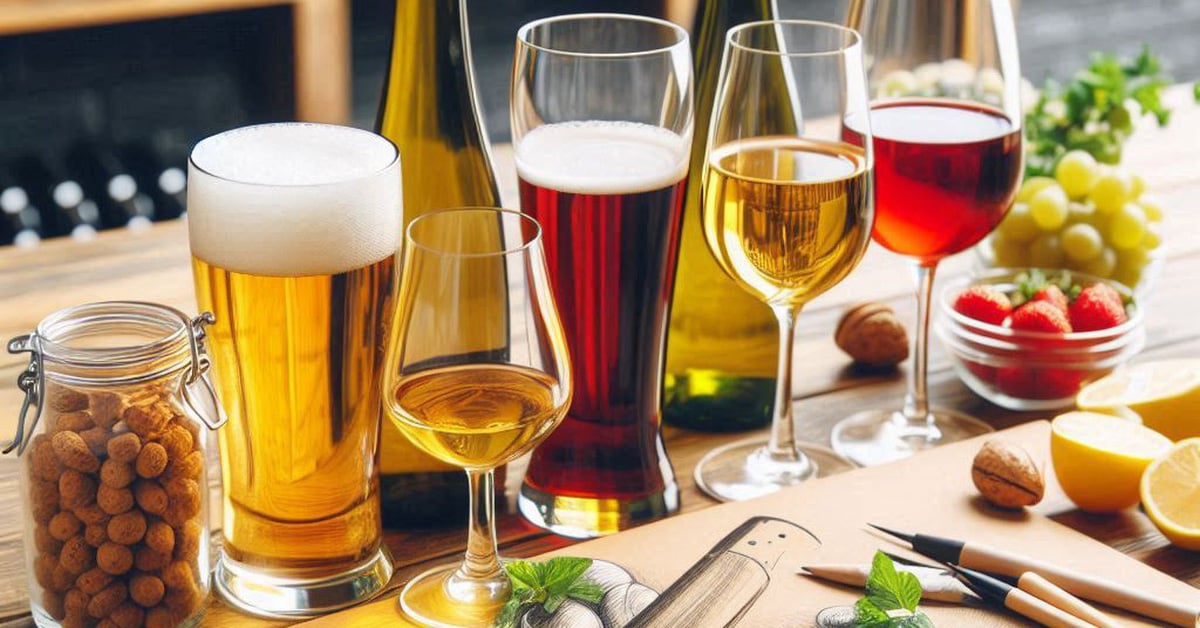
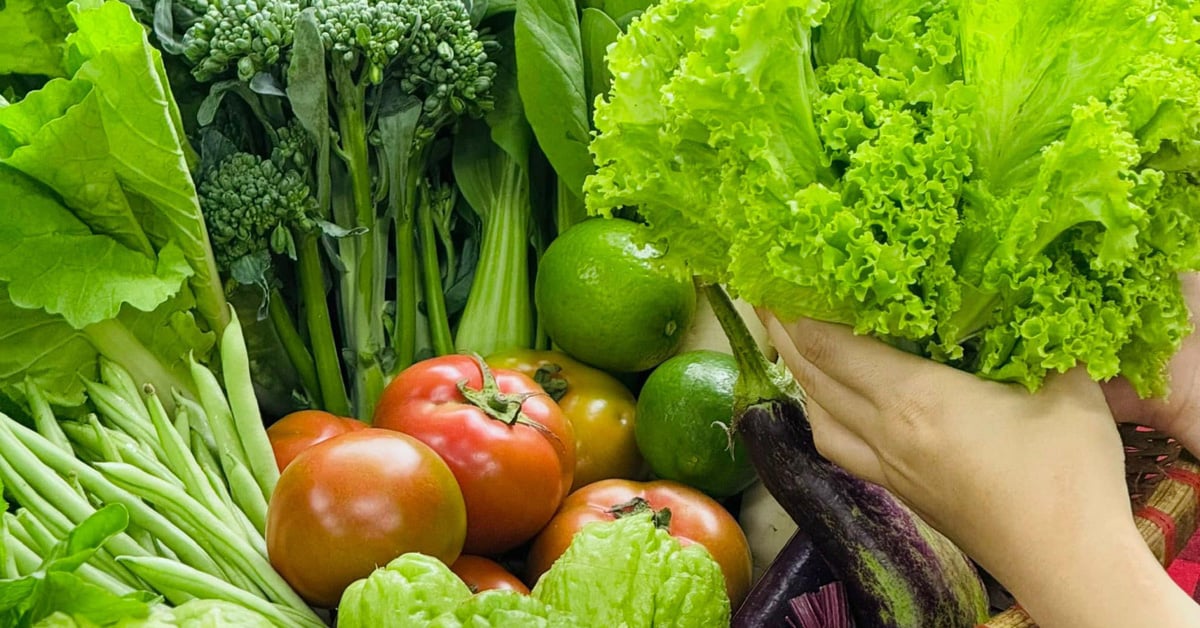
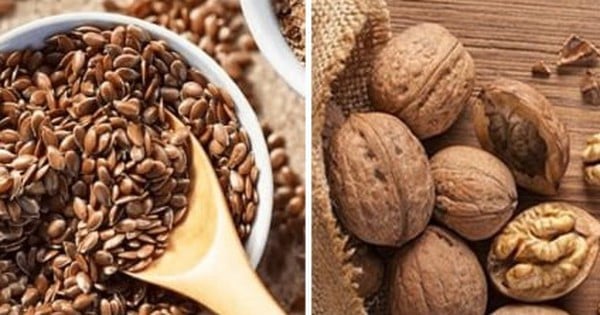




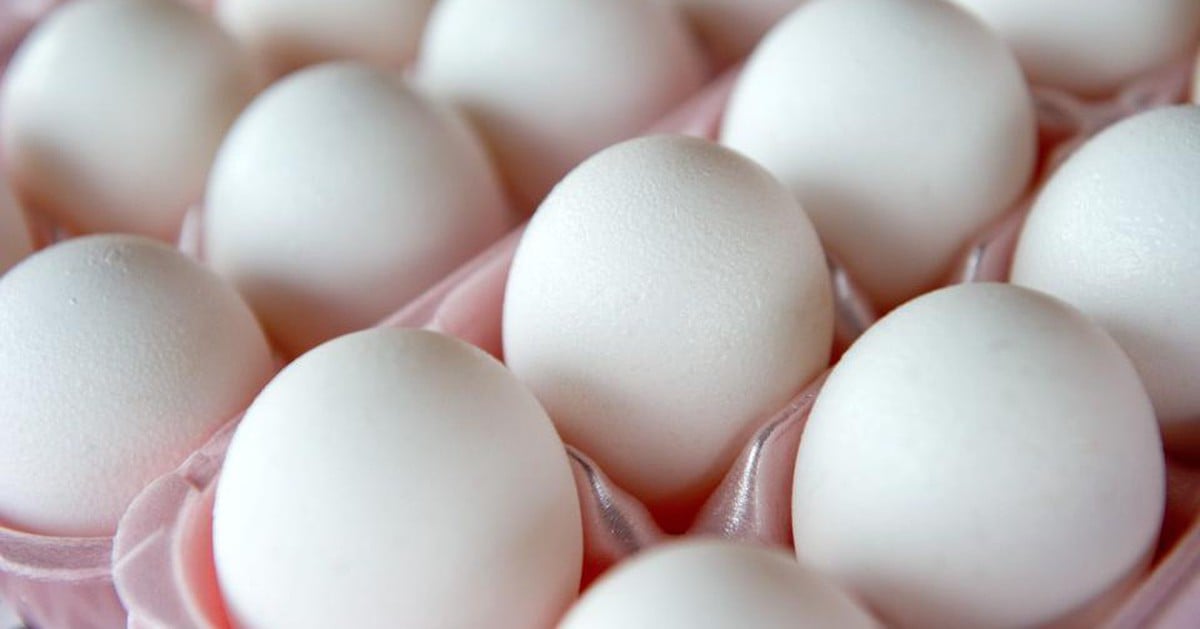




















![[Photo] Prime Minister Pham Minh Chinh chairs Government Conference with localities on economic growth](https://vstatic.vietnam.vn/vietnam/resource/IMAGE/2025/2/21/f34583484f2643a2a2b72168a0d64baa)



























































Comment (0)